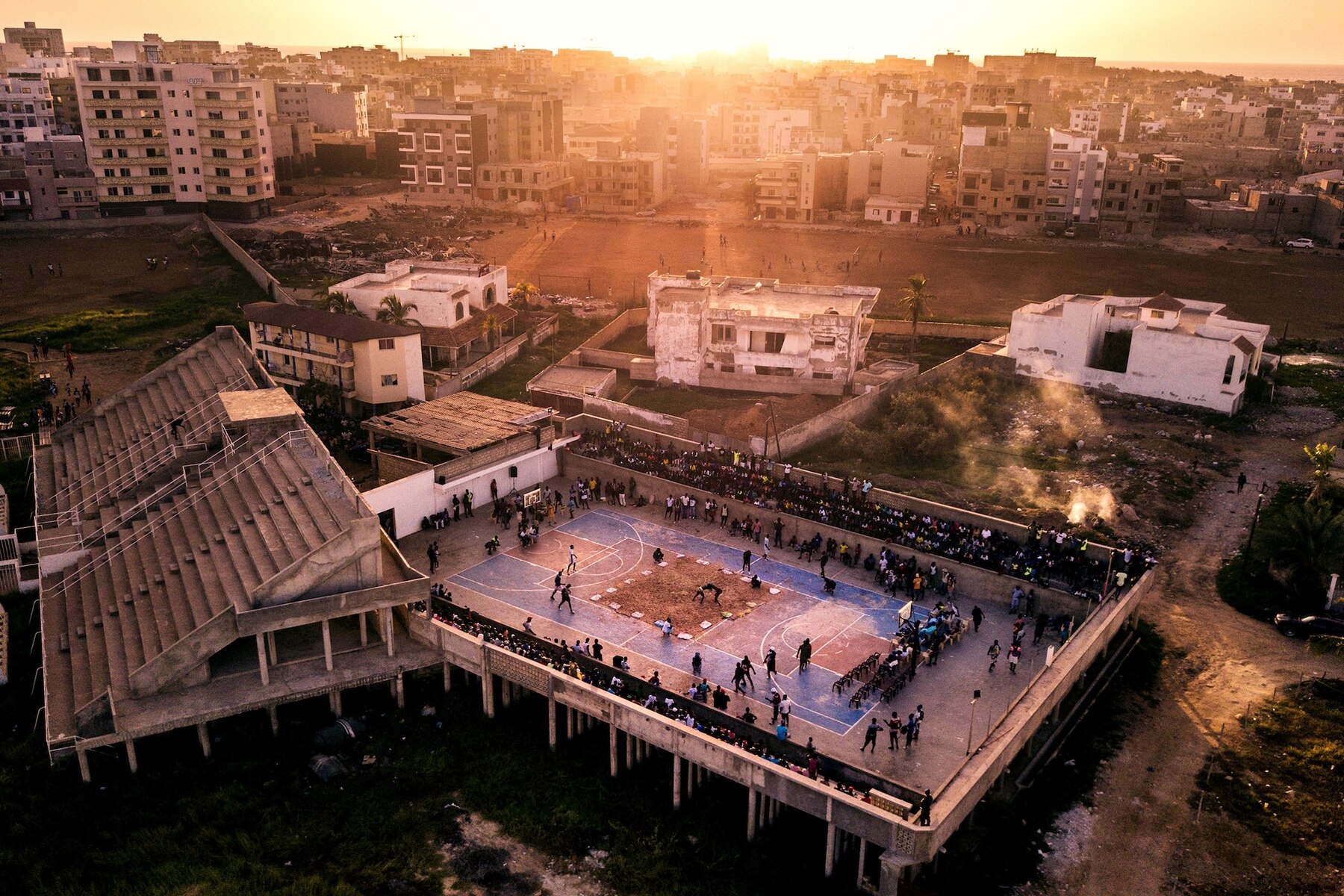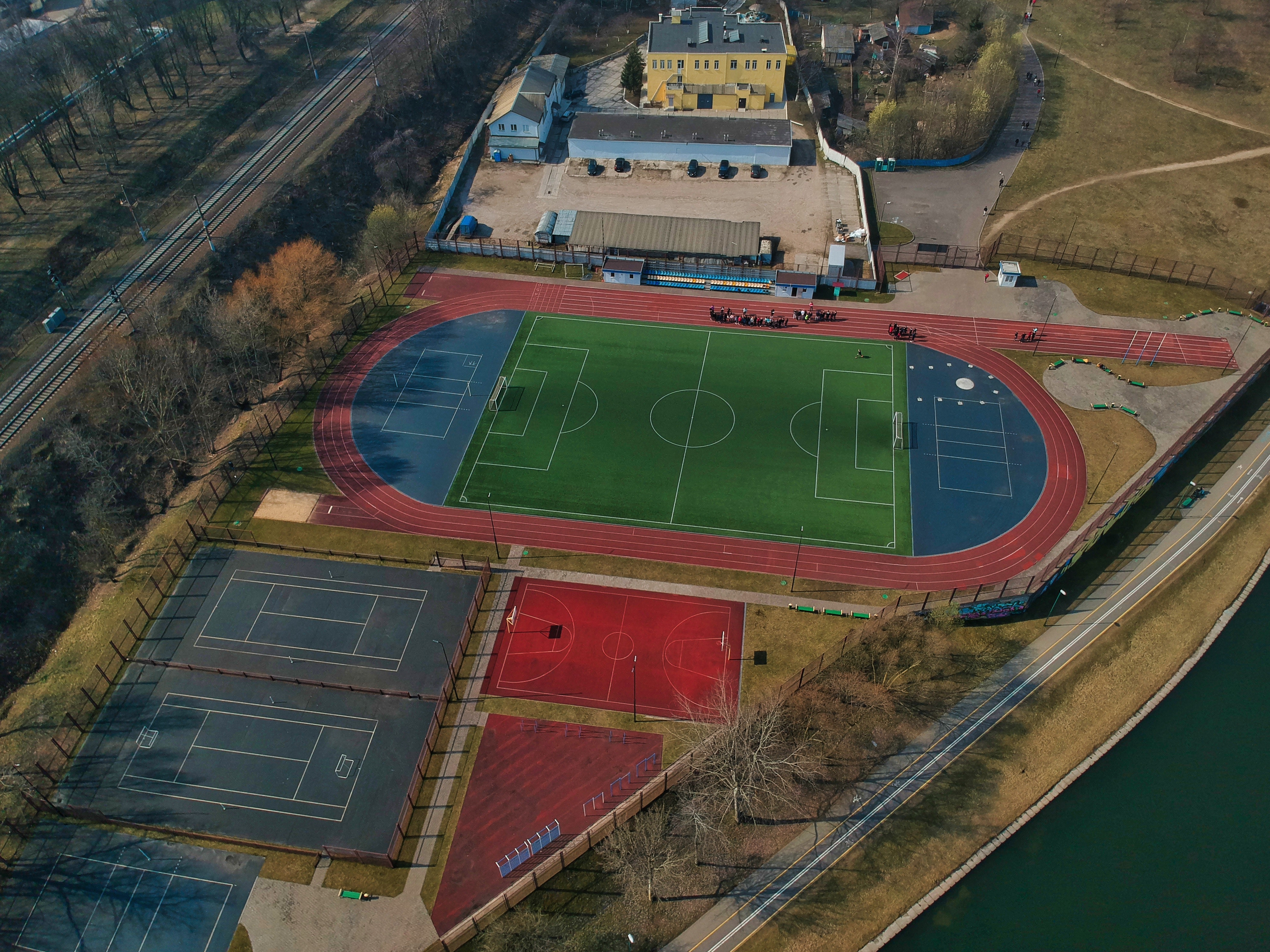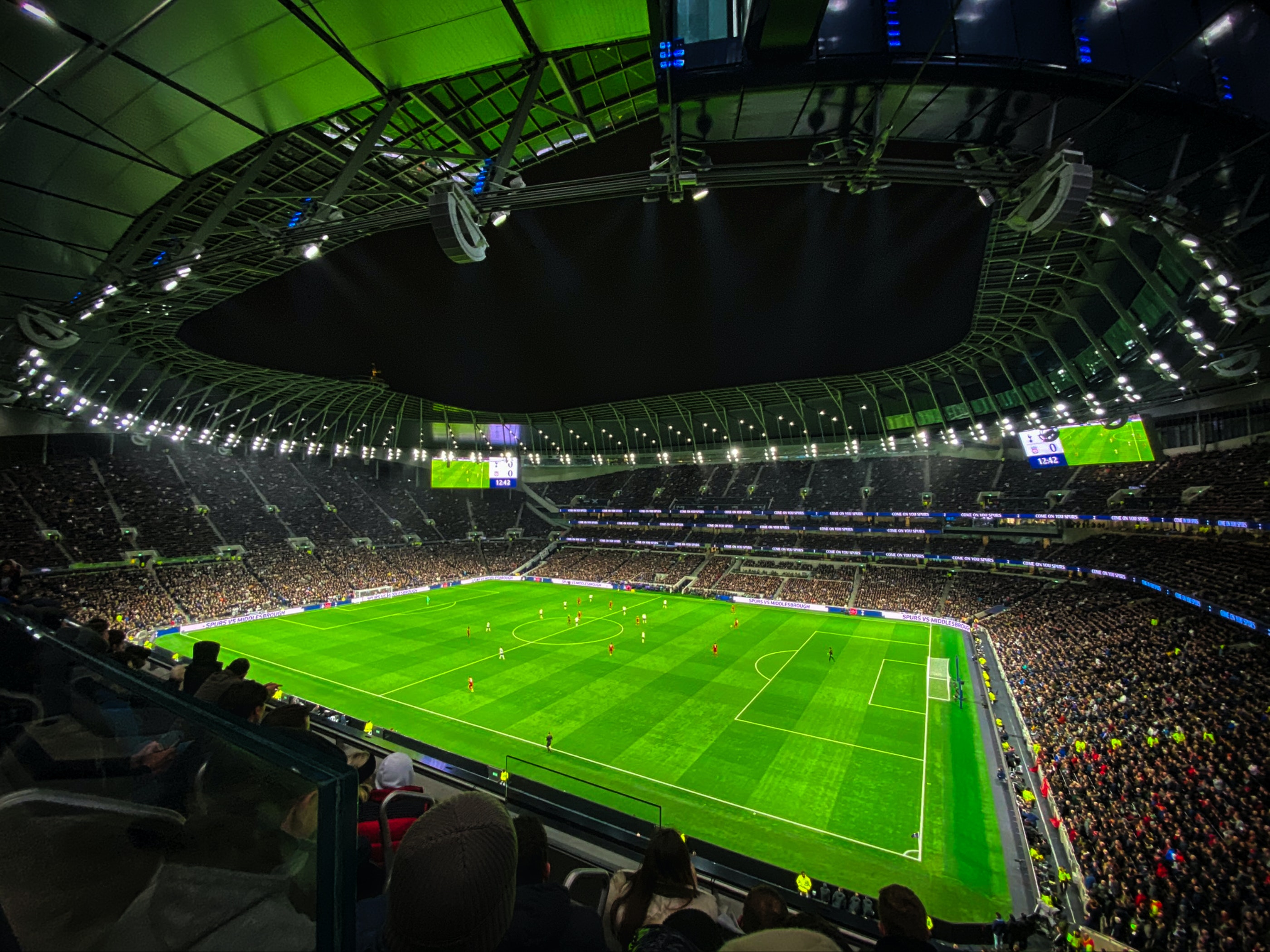Statement from the Chairman

Mr. Tijani Babatunde Folawiyo
According to the Federal Minister for Youth and Sports Development, Chief. Sunday Dare, “Sports will drive the largest real estate and infrastructure development in the country in the future.” (September 2020). In line with the objective of a business oriented sports industry, the Federal Government of Nigeria recategorised sports as a business sector of the Nigerian economy. In July of the same year, in a bid to consolidate on the recategorisation of sports as business, a Draft National Sports Industry Policy (NSIP) was prepared for approval by the Federal Executive Council.
The Draft Policy was the culmination of two years of engagement and collaboration between the public, private and social enterprise sectors as well as critical stakeholders in the sports sector, and represents a paradigm shift in sports, focusing on the provision of infrastructure in recognition of its role as the foundation of the value chain of the sports industry, driving all other economic activity therein. The focus on infrastructure derives from the recognition of a deficit in the provision of facilities for sports development across the country. This deficit underpins the challenges in promoting mass participation in sports as a strategy for creating demand for sports goods and services.
- Increase in the number of people engaging in sports through education and healthy lifestyle to 100 million (50% of the country’s estimated population) which will translate to an annual contribution of ₦2 trillion in revenue from an average spend of ₦20,000 annually on sports goods and services.
- A 1.5% contribution to the Gross Domestic Product (GDP) of the country through minimum annual investment of $500 million along the value chain of the industry (manufacturing, retail, construction and real estate development, facility development and management, training and capacity development, talent management, media and content development, events, marketing, tourism and hospitality, data collection and management, etc.)
- The creation of 2-3 million direct and indirect jobs.
- Infrastructure and facility development – for Sport Nigeria the target is a minimum of 200 community-based sports centres to be built annually, reaching 3,000 facilities in 10 years.
- Promotion of domestic tourism through a sport-facility centred tourism plan to retain about 25% of the total travel spend within the country, and attract sports loving fans and visitors from outside the country.
- Increase in Foreign Direct Investment into the country with a target contribution of 20% by the sports industry.
- Increase in gender inclusion and balance through participation and representation in the sports industry up to 30%.
These expected outcomes represent opportunities for private sector to engage and participate in the repositioned sports sector. However, it is clear that the achievement of these objectives and goals would require a strategic channeling of available resources and investments into social and commercial impact projects by the private sector in a bid to deliver on the economic potentials of sports and assist the Federal Government to deliver on the policy objectives especially at sub-national levels where the impact would be most felt.
In the light of the foregoing, SPORT NIGERIA LTD/GTE was created as a private sector led bridge to aggregate, facilitate, and enable the requisite investment into the sports sector and the achievement of the objectives of a vibrant, sustainable sports industry across the entire value chain and according to the outlines of the Sports Industry Policy.
The men and women who have come together to set up Sport Nigeria LTD/GTE are committed to the process required to deliver on the vision of Nigeria as a sporting nation, with a vibrant, viable and sustainable sports industry, through a redefined and collaborative stakeholder engagement process and professional development of the entire value chain of the industry.
On behalf of the Advisory Council and Board of Sport Nigeria, I extend a hand to our stakeholders and organisations in the public, private and social enterprise sectors to come on this journey with us.
Thank you














